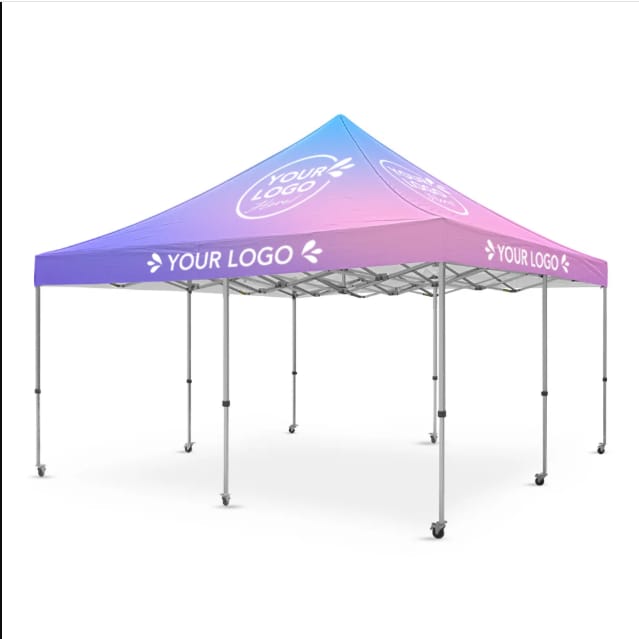
Introduction
Vehicle recalls are an essential mechanism within the automotive industry aimed at ensuring consumer safety and product reliability. When a manufacturer identifies a defect or potential safety issue in a vehicle, they have a legal and ethical obligation to inform the public and take corrective action. This article delves into the intricacies of recalled vehicles, their significance, the process involved, and what consumers should know.
What is a Vehicle Recall?
A vehicle recall occurs when an automotive manufacturer or regulatory authority identifies a defect that compromises safety or does not comply with federal regulations. Recalls can affect any vehicle component, from critical safety systems like brakes and airbags to less critical features like infotainment systems. When a recall is issued, the manufacturer typically provides a remedy, which may involve repairs, replacements, or reimbursements.
Types of Recalls
Recalls can be broadly classified into two categories:
Safety Recalls: These are initiated when a defect poses a significant risk to the safety of the vehicle’s occupants or others on the road. Examples include faulty brakes or airbags that may not deploy in an accident.
Non-Safety Recalls: These involve defects that may not pose an immediate danger but can affect the vehicle’s performance or compliance with regulations. An example might be a software glitch affecting navigation systems.
The Recall Process
The recall process involves several steps that manufacturers and regulatory authorities must follow:
1. Identification of the Issue
The recall process often begins when a safety issue is reported. This can come from various sources, including consumers, dealerships, or manufacturers themselves. Regulatory agencies, such as the National Highway Traffic Safety Administration (NHTSA) in the United States, may also initiate investigations based on data trends.
2. Evaluation and Decision
Once an issue is identified, the manufacturer conducts a thorough evaluation to determine the severity of the defect. If the defect is deemed serious enough, the manufacturer will collaborate with regulatory agencies to issue a recall.
3. Notification
After the decision is made, the manufacturer must notify vehicle owners, dealerships, and relevant regulatory bodies. Notifications typically include details about the defect, potential risks, and instructions for obtaining repairs or replacements.
4. Remedy Implementation
Manufacturers are responsible for providing a remedy to the owners of affected vehicles. This can involve free repairs, replacement parts, or, in some cases, full vehicle replacements. The process should be efficient to minimize inconvenience to consumers.
5. Monitoring and Reporting
Post-recall, manufacturers must monitor the effectiveness of the remedy. They may also be required to report back to regulatory agencies about the outcome of the recall and any further issues that arise.
Why Recalls Matter
Safety Assurance
The primary purpose of vehicle recalls is to safeguard public safety. With millions of vehicles on the road, even minor defects can lead to catastrophic consequences. Recalls help to mitigate these risks by ensuring that vehicles operate as intended.
Consumer Trust
Recalls are a critical aspect of maintaining consumer trust in the automotive industry. When manufacturers take responsibility for defects, it reflects their commitment to quality and safety. Transparency during recalls helps to build a positive relationship between manufacturers and consumers.
Regulatory Compliance
Compliance with safety standards is essential for manufacturers. Failure to address defects can lead to legal repercussions, including fines and lawsuits. By proactively issuing recalls, manufacturers demonstrate adherence to regulations, thereby avoiding potential liabilities.
The Impact of Recalls on Consumers
Inconvenience and Costs
While recalls are vital for safety, they can cause inconvenience for vehicle owners. Depending on the severity of the defect, owners may need to bring their vehicles to dealerships for repairs or replacements. This can involve time spent waiting for the necessary work to be completed and potential costs related to transportation.
Awareness and Education
Recalls also highlight the importance of consumer awareness. Vehicle owners should remain informed about recalls affecting their vehicles. Regulatory agencies provide resources and tools for consumers to check if their vehicle is subject to a recall, ensuring they take timely action.
The Role of Technology
In today’s digital age, technology plays a significant role in managing recalls. Many manufacturers and regulatory bodies have implemented online platforms where consumers can easily check for recalls by entering their vehicle identification number (VIN). This accessibility fosters a proactive approach to vehicle safety.
Case Studies: Notable Recalls
Takata Airbag Recall
One of the most significant recalls in automotive history involved Takata airbags, which were linked to several fatalities and injuries. Millions of vehicles worldwide were affected as the airbags could deploy with excessive force, causing metal shards to shoot into the cabin. The extensive nature of this recall underscored the importance of addressing safety issues promptly and effectively.
General Motors Ignition Switch Recall
Another notable example is the General Motors (GM) ignition switch recall, which came to light in 2014. The defect, which could cause engines to shut off unexpectedly, was linked to numerous accidents and fatalities. GM faced significant scrutiny for its delayed response to the issue, leading to a re-evaluation of internal processes and a renewed commitment to safety.
Conclusion
Vehicle recalls are a vital part of the automotive ecosystem, serving as a safeguard for consumer safety and product reliability. Understanding the recall process and its implications helps consumers navigate the automotive landscape with greater awareness. As technology continues to evolve, the methods of tracking and managing recalls will likely become even more efficient, ultimately enhancing safety and trust within the industry. By staying informed, consumers can ensure their vehicles remain safe and compliant, contributing to a safer road for everyone.
Write and Win: Participate in Creative writing Contest & International Essay Contest and win fabulous prizes.


